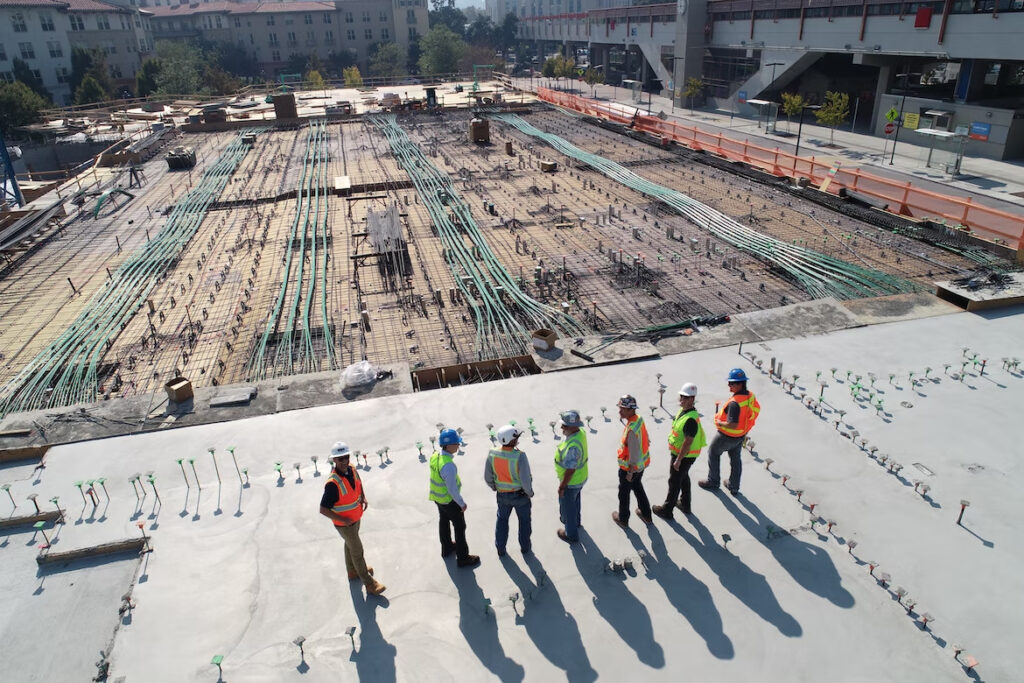
Hazard pay has recently become a topic of great interest, especially during the ongoing COVID-19 pandemic. It is a concept used in various industries to compensate workers who perform risky jobs.
Essential workers, including healthcare professionals, delivery drivers, and grocery store employees, have been exposed to various health risks due to their jobs during the pandemic.
Hazard pay is seen as a way to compensate these workers for the dangers they face daily. In this article, we'll explore the concept of hazard pay, its history, and its current relevance in the context of the COVID-19 pandemic.
Hazard pay is a form of extra compensation paid to workers performing hazardous or dangerous jobs.
It is designed to compensate workers for the risks they take on in their jobs. The amount of hazard pay can vary depending on the job and the level of risk involved. Hazard pay is typically paid in addition to the worker's regular salary or wages.
Hazard pay is not a new concept and has been used in various industries for years. It is often used in jobs where workers are exposed to dangerous materials, work in hazardous environments, or are required to operate heavy machinery.
Some jobs commonly offer hazardous pay, including firefighters, police officers, and construction workers.
Hazard pay has recently gained more attention due to the COVID-19 pandemic.
Essential workers who are required to work during the pandemic, despite the risks involved, are demanding hazard pay as compensation for the risks they take on.

Not all workers qualify for hazard pay.
Hazardous pay is typically reserved for workers who perform jobs that are considered hazardous. The criteria for qualifying for hazard pay can vary depending on the job and the employer.
Generally, workers exposed to hazardous materials or who work in hazardous environments are more likely to qualify for hazard pay.
Jobs that require workers to operate heavy machinery, work at high heights, or work in confined spaces are also more likely to offer hazard pay.
During the COVID-19 pandemic, essential workers required to work on the front lines, such as healthcare professionals, grocery store employees, and delivery drivers, were more likely to qualify for hazard pay. Also some cities and counties required hazard pay for certain professions.
The main benefit of hazard pay is that it compensates workers for the risks they take on in their jobs. For workers who are required to perform dangerous jobs, hazard pay can be an important incentive to keep working.
Hazard pay can also help attract workers to risky jobs. Jobs that require workers to perform dangerous tasks or work in hazardous environments may be less attractive to potential workers. Hazard pay can make these jobs more appealing by compensating workers for the risks as incentive.
In addition to compensation, hazard pay can provide workers peace of mind. Knowing that they are being compensated for their risks can help workers feel more secure in their jobs.

Hazardous pay is commonly offered in jobs that are considered dangerous. Some examples of jobs that commonly offer hazard pay include:

Negotiating hazard pay can be challenging, but it is possible. Here are some tips for negotiating hazard pay:
Before negotiating hazard pay, it is essential to know your worth. Research your job's average salary or wage and determine if hazard pay is expected in your industry.
Come to the negotiation prepared with facts and figures to support your request for hazard pay. Show your employer how your job is hazardous and the risks you take.
Negotiating hazard pay can be intimidating, but being confident in your abilities and the risks you take in your job is vital. Explain why you deserve hazard pay and be prepared to negotiate.
If your employer is unwilling to offer hazard pay, be flexible and consider other forms of compensation, such as increased benefits or time off.
Know your rights as a worker and understand the laws and regulations related to hazard pay in your state or country.

Hazard pay laws in the U.S. can vary depending on the state and industry. In general, no federal laws require employers to offer hazard pay. However, some states have their own hazard pay laws.
For example, California requires employers to offer hazardous pay to workers who perform hazardous jobs, such as those who work with hazardous materials or are exposed to toxic substances.
Other states, such as New York and New Jersey, have proposed hazard pay laws in response to the COVID-19 pandemic.
Hazard pay and overtime pay are two different forms of compensation that often need clarification.
Overtime pay is paid to workers who work more than a certain number of hours in a day or in a week. The rate of overtime pay is higher than regular pay.
Hazard pay, on the other hand, is paid to workers who perform hazardous jobs. The rate of hazard pay can vary depending on the job and the level of risk involved.
While some jobs may qualify for both overtime pay and hazard pay, they are two separate forms of compensation.
Administrative leave is a form of paid leave granted to workers placed on leave due to circumstances beyond their control.
For example, workers exposed to contagious diseases may be placed on administrative leave to prevent the spread of the disease to other workers.
Hazard pay and administrative leave are two different forms of compensation.
Hazard pay compensates workers for the risks they take in their jobs, while administrative leave compensates workers for the time they cannot work for various reasons.
At Freeburg & Granieri APC, we understand everyone should receive quality legal help when needed.
That’s why our team of experienced attorneys is dedicated to providing personalized service to individuals, businesses, and families in the greater California area.
We specialize in various areas, including employment law, personal injury, employer advice and counseling, and business litigation.
With years of expertise in these fields, we are well-equipped to handle your legal matter efficiently and effectively.
We are committed to helping our clients navigate their legal matters. We strive to provide the highest level of service and protect the rights of our clients. We understand that these matters can be complex and time-consuming, so we are dedicated to providing the best possible legal advice and representation.
At Freeburg & Granieri APC, we understand the importance of communication. We strive to stay in contact with our clients throughout the legal process and to respond to any questions or concerns promptly. We are passionate about helping our clients achieve their legal goals.
If you are looking for experienced legal representation in employment law, personal injury, or business litigation, contact us at Freeburg & Granieri APC.
Our attorneys are ready to work on your case and provide the legal support you need.
Hazard pay is a form of extra compensation paid to workers performing hazardous jobs. It is designed to compensate workers for the risks they take on in their jobs.
While hazard pay is not new, it gained more attention during the COVID-19 pandemic as essential workers continued performing their critical societal roles. Hazard pay can provide compensation, attract workers to risky jobs, and provide peace of mind for workers.
Workers must know their worth and their rights when negotiating hazard pay.
While hazard pay laws in the U.S. can vary, some states or cities have their own laws. Companies were offering hazard pay to their essential workers during the pandemic. Still, it remains to be seen whether hazard pay will become a standard part of compensation for essential workers.
Contact us today to learn more about other employment laws and employee rights!
Our clients become friends, confidants, and repeat customers. Former clients are our best referral source.
Do not be a commodity, find an attorney who treats your legal issue with the care it deserves.
